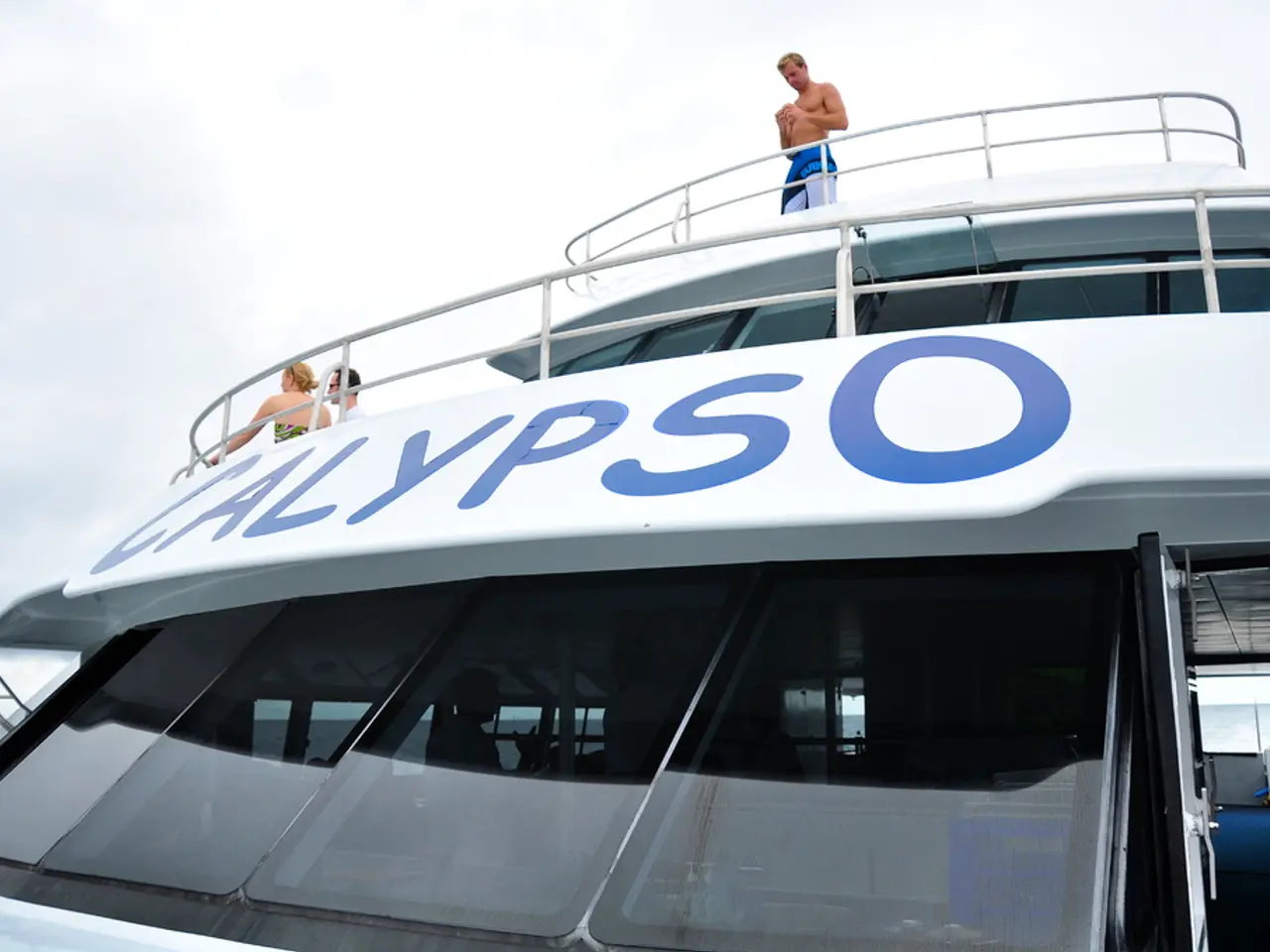Exploring conditions in ship charter contracts and financing complications: The subtly influential role of "Letters of Quiet Enjoyment"
In a significant ruling, the court has determined that Crédit Agricole was within its rights to refuse issuing a Letter of Quiet Enjoyance (LQE) in the "CHLOE V" case. The LQE, a common practice in long-term time charters, provides charterers with a degree of certainty that their use of the vessel will not be disrupted by the mortgagee.
The court found that the bank's refusal was not only lawful but commercially rational. The bank had legitimate concerns about the borrower's financial health, the sufficiency of charter hire, and the risk of a security shortfall. These concerns were considered reasons enough to withhold the LQE.
The judgment underscores the risks of embedding lender-dependent conditions into charterparty negotiations. The failure to secure an LQE can render the charter inoperative, a situation that the shipowner in this case found itself in.
The shipowner, under the terms of the facilities agreement, was required to obtain the financier's approval before entering into certain charter commitments for the vessel. The provision representing such situations was found to be subject to the Good Faith Term, the Reasonableness Term, and the Wednesbury Term, as described in Braganza v BP Shipping and another [2015] 1 WLR 1661. However, the court drew a clear distinction between the owner's contractual obligations under the charterparty and the lender's rights under the loan documents.
The court affirmed that issuing an LQE would have materially curtailed the bank's enforcement rights, and the bank was under no obligation to compromise its security for the commercial benefit of the borrower. This ruling reinforces the principle that financiers are not quasi-fiduciaries. They are entitled to protect their security, even if doing so frustrates the borrower's commercial arrangements.
Financiers should ensure that loan documentation preserves absolute discretion and maintain clear internal policies on LQE issuance. Shipowners, on the other hand, should secure the necessary pre-approvals from financiers before concluding charterparty negotiations.
Charterers should negotiate flexibility in the LQE clause or explore alternative forms of comfort that may be more palatable to lenders. When charterparty performance is contingent on third-party approvals, especially from mortgagees, owners must ensure that such conditions are realistically achievable to avoid overcommitting and underdelivering.
An LQE is a contractual undertaking by a financier not to interfere with a charterer's quiet enjoyment of the mortgaged vessel. The fact that the charterparty was conditional on an LQE did not, in itself, impose any duty on the lender to issue one. The Court considered the LQE's status as a pre-condition to the charter to be a red herring.
In conclusion, the "CHLOE V" case serves as a reminder of the importance of clear and realistic contractual terms, especially when it comes to third-party approvals. It also underscores the role of financiers as protectors of their security, even when it may seem to frustrate the commercial arrangements of the borrower.
Read also:
- Understanding Hemorrhagic Gastroenteritis: Key Facts
- Stopping Osteoporosis Treatment: Timeline Considerations
- Trump's Policies: Tariffs, AI, Surveillance, and Possible Martial Law
- Expanded Community Health Involvement by CK Birla Hospitals, Jaipur, Maintained Through Consistent Outreach Programs Across Rajasthan




